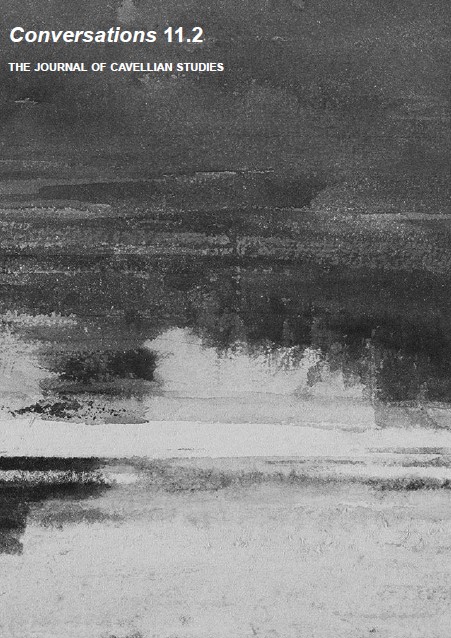A Gift of Common Words
The World Working Out in Cavell’s Inheritance of Austin
Abstract
The inclusion in Here and There of “Notes After Austin” — Cavell’s brief memoir of his short but transformative relationship with J.L. Austin — provides an opportunity to reconsider the place of Austin in Cavell’s work. Other figures (e.g., Wittgenstein, Emerson, and Shakespeare) bulk larger and appear more continuously, but arguably none is more philosophically decisive than Austin; the only figure Cavell calls his “teacher.” Cavell adopted or adapted a range of specific Austinian results, concepts, and procedures that figure importantly in his work: he adopts Austin’s attention to “the jump of words” in philosophy; adapts Austin’s implicit account of the function of criteria in judgment for his reading of Wittgenstein; employs Austin’s description of ordinary epistemic inquiry to frame his diagnosis of traditional epistemology; and, to mention only one further instance, extends Austin’s account of the performative to articulate an order of speech he names passionate utterance. However, Austin’s importance for Cavell lies deeper than any such specific points of influence — vital as they certainly are — and is measured by the fact that it was through encountering Austin that Cavell “began finding [his] intellectual voice.” This is more than discovering his particular academic niche or professional métier. Encountering Austin allowed Cavell to move beyond a condition he describes as “wild with muteness” — filled with impressions and desires but unable to find, or to believe in, his capacity to express them intelligibly (to himself or others) — and granted him an access to his own language in which he could, for the first time, begin to discover and express himself philosophically. Hence, he tells us, “Austin’s philosophizing allowed me — demanded of me — the use of myself as the source of [philosophy’s] evidence and as an instance of its conclusions. Whatever philosophy’s pertinence to me, I felt for the first time my pertinence to philosophy."
Downloads
Published
Issue
Section
License
Copyright (c) 2024 Steven G. Affeldt

This work is licensed under a Creative Commons Attribution 4.0 International License.

